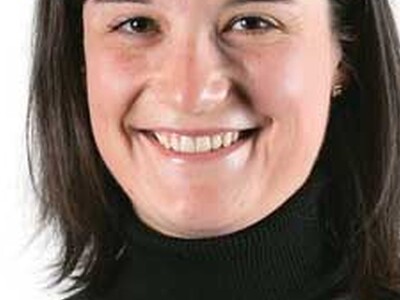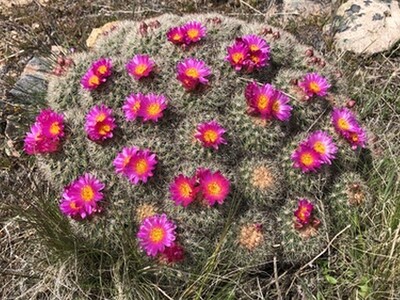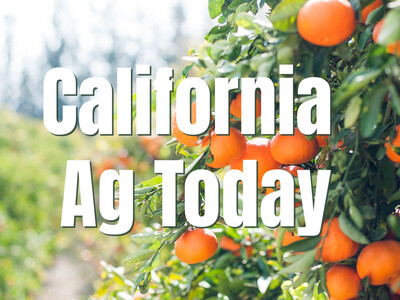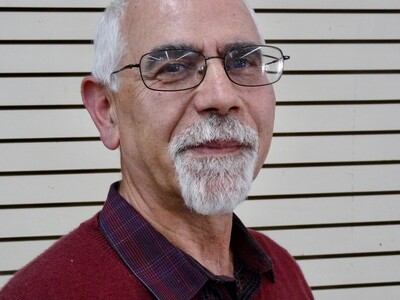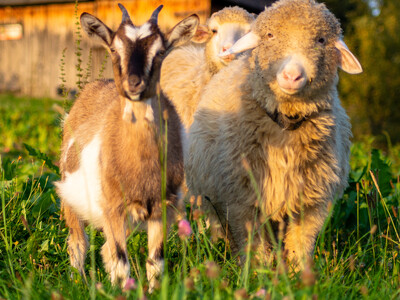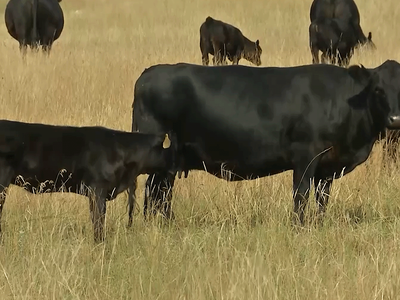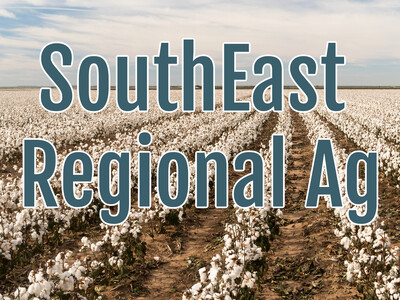USDA official finds Know Your Farmer Know Your Food initiative going gangbusters on westside
Washington Ag Today March 3, 2011 When asked how USDA’s Know your Farmer, Know your Food initiative is doing in Seattle, USDA Deputy Secretary Kathleen Merrigan said, “Going gangbusters really.” Merrigan was in Seattle yesterday to talk about the importance of local and regional food systems. Merrigan: “I have met with a lot of successful farmers. They have value added products. They are making a dollar and they are really, really excited about the connections they are making with consumers here in the market.” Merrigan says several USDA programs can help local producers and a deadline is coming up for one of those. Merrigan: “This Friday, March 4th, is the deadline for organic farmers to apply to the Environmental Quality Incentive Program, EQIP program, to get cost share assistance for a number of practices including hoop houses, which have been phenomenally successful across the country allowing farmers to extend the growing season. Getting the crop in a little earlier and having it go little bit later.” Now this from Stockland Livestock. “This is Jack McQuiness with Stockland Livestock here in Davenport. One sale this past week. Light run of cattle. Strong market all the way around. Cows and bulls fully steady. Best of the cows in the 80-dollar money. Bulls in the 90s. Plenty of demand for the feeder cattle we had on sale Monday. Bigger sale this coming Monday. We will be looking on March 7th at bred cows. We have several smaller consignments of bred cows. Got 35 real nice young cows with big calves at side, also have several consignments of feeder cattle. More cattle and a strong market. That’s all here at Stockland Livestock in Davenport. Thanks for listening. Thanks Jack. I’m Bob Hoff and that’s Washington Ag Today on Northwest Aginfo Net.






